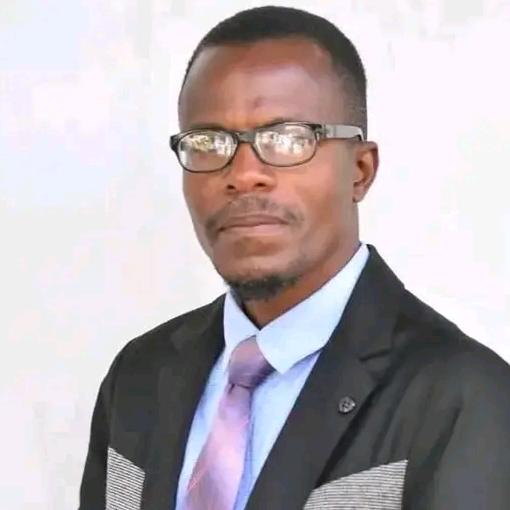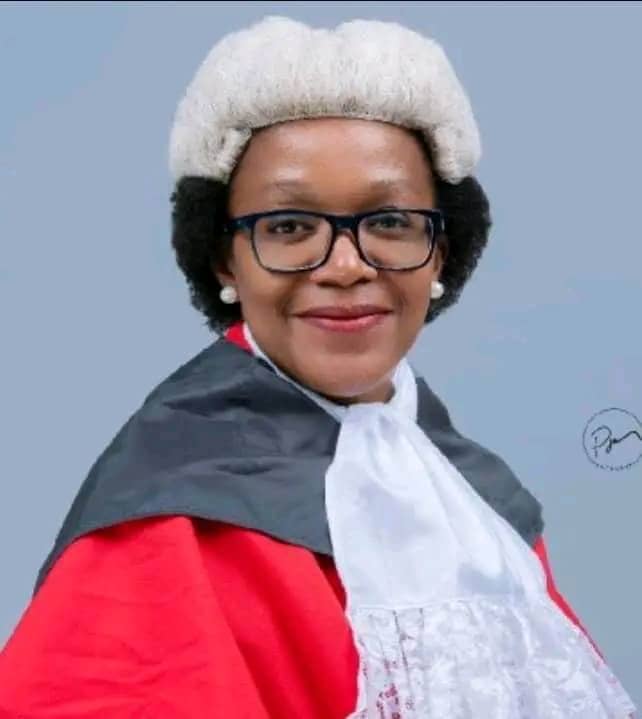By Burnett Munthali
Introduction
In a recent address, President Lazarus Chakwera urged Malawians to persevere and grant him another chance to lead, asserting that the past five years were spent “fixing the bones/wound.” This statement has sparked mixed reactions across the country. Today, Maravi Post speaks exclusively to Twink Jones Gadama, a renowned social and political commentator, for his analysis of Chakwera’s remarks and their implications for Malawi’s future.
Burnett Munthali (BM): Thank you, Mr. Gadama, for joining us today. To begin, what is your initial reaction to President Chakwera’s remarks about “fixing the bones/wound” over the past five years?
Twink Jones Gadama (TJG): Thank you, Burnett. I found the metaphor quite striking but also troubling. It’s as though the President is acknowledging the deep-rooted problems Malawi faces but, at the same time, failing to take full accountability for his administration’s role in addressing those issues. Malawians are in pain—economically, socially, and politically—and telling them to persevere without tangible results feels like a tone-deaf response to their struggles.
Questions
BM: Do you believe the metaphor resonates with the majority of Malawians?
TJG: Not at all. While metaphors can be powerful, they must align with the lived experiences of the people. Malawians don’t feel like the wound is healing; if anything, the pain has worsened. Forex shortages, fuel scarcity, high unemployment, and skyrocketing prices are not signs of a country on the mend. For many, the metaphor feels like an excuse rather than a promise.
BM: How would you assess President Chakwera’s performance over the past five years?
TJG: I would say it has been underwhelming. When Chakwera came into office, there was hope—hope for reform, hope for better governance, and hope for economic revival. Unfortunately, much of that hope has dissipated. While he inherited structural challenges, his government has failed to show decisive leadership in addressing them. Instead, we’ve seen a lot of blame-shifting and rhetoric, with little to show in terms of concrete results.
BM: The President emphasized perseverance. Do you think Malawians have shown enough of it during his term?
TJG: Absolutely. Malawians are among the most resilient people in the world. They have endured hardship after hardship, yet they keep striving to make ends meet. Asking them for more perseverance feels unfair when they’ve received so little in return. Leadership should be about easing the burden on the people, not compounding it and then asking for patience.
BM: In your opinion, is the President’s plea for another chance justified?
TJG: Justified? That depends on how you measure justification. Politically, every leader will ask for more time to implement their vision. But leadership is judged on results, not intentions. If we examine Chakwera’s tenure objectively, it’s hard to justify another term. Promises have gone unfulfilled, and the everyday Malawian is worse off than they were five years ago.
BM: Let’s talk about the challenges Malawi faces today—forex shortages, fuel scarcity, unemployment. Do you think these are inherited problems or failures of governance?
TJG: It’s a mix of both. There’s no denying that some of these issues are systemic and were present before Chakwera took office. However, his administration has failed to mitigate them effectively. Forex shortages and fuel scarcity, for instance, require proactive strategies, which we haven’t seen. Instead, we’ve witnessed reactive measures that barely scratch the surface of the problem.
BM: What specific actions would you have expected from Chakwera to “heal the wound” effectively?
TJG: First and foremost, a focus on economic diversification. Malawi cannot continue relying on tobacco and a few key exports. Secondly, fiscal discipline is crucial. We’ve seen reports of extravagant government spending while the country is struggling—this must stop. Lastly, creating an environment that attracts both local and foreign investment should have been a priority. Without jobs and economic growth, the wound will never heal.
BM: Based on his track record, do you believe Chakwera deserves a second chance?
TJG: That’s a decision for the voters to make, but I would urge them to consider the facts. Leadership is about delivering results, not making excuses. If Malawians feel that their lives have improved under Chakwera’s administration, then perhaps he deserves another chance. But if they feel let down, as many do, then it may be time for change.
BM: What message do you think Chakwera’s remarks send to the opposition and undecided voters?
TJG: To the opposition, it’s a signal of vulnerability—a tacit admission that he hasn’t delivered on his promises. To undecided voters, it’s likely to come across as an attempt to buy time. The opposition will undoubtedly capitalize on this narrative, framing themselves as the better alternative.
BM: In conclusion, what is your message to Malawians as they reflect on Chakwera’s remarks and prepare for the next election?
TJG: My message is simple: demand accountability. Don’t settle for excuses or rhetoric. Evaluate the promises made versus the results delivered. Elections are an opportunity to chart a new course, and it’s up to every Malawian to decide which leader is best equipped to guide the nation toward a brighter future.
BM: Thank you, Mr. Gadama, for sharing your insights with us.
TJG: Thank you, Burnett. It’s always a pleasure to discuss matters that affect our nation.
As Malawi gears up for the next election, Twink Jones Gadama’s analysis underscores the importance of informed decision-making. President Chakwera’s remarks may have sparked controversy, but they also serve as a reminder of the critical need for accountability in leadership.



